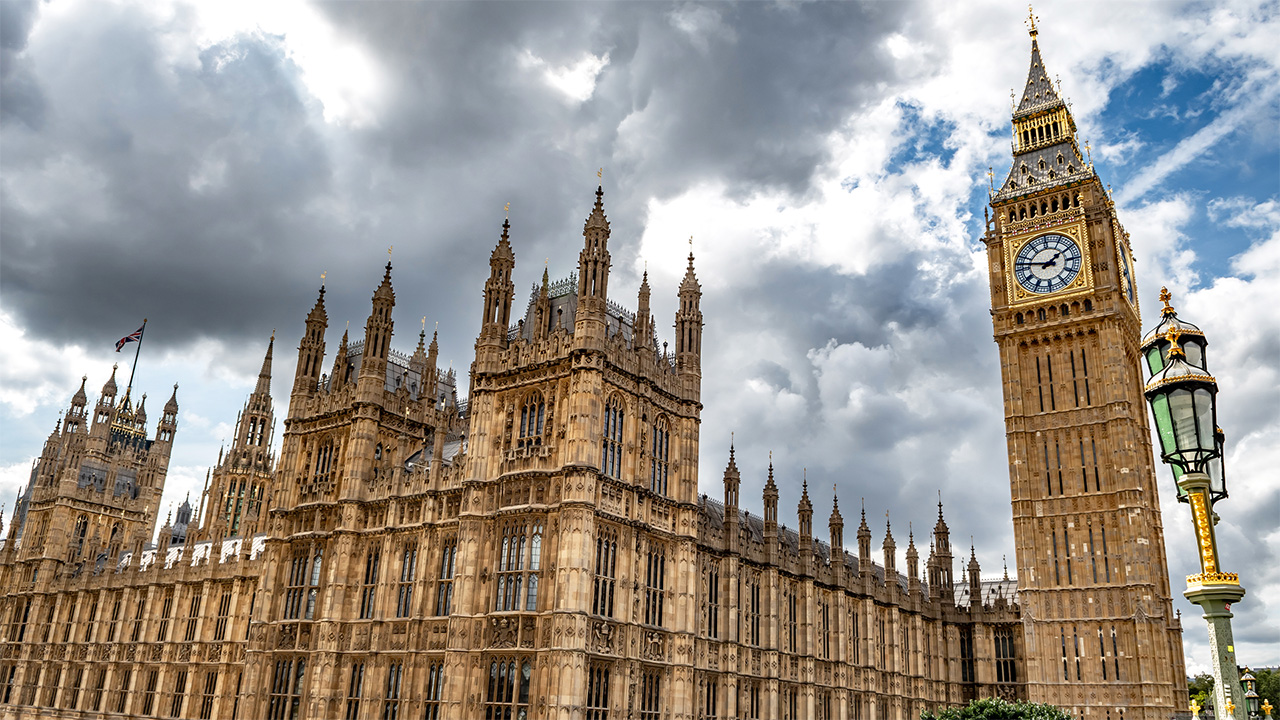Global Encryption Day 2025: Activists call on governments to stop weakening encryption
Our online freedoms are under attack
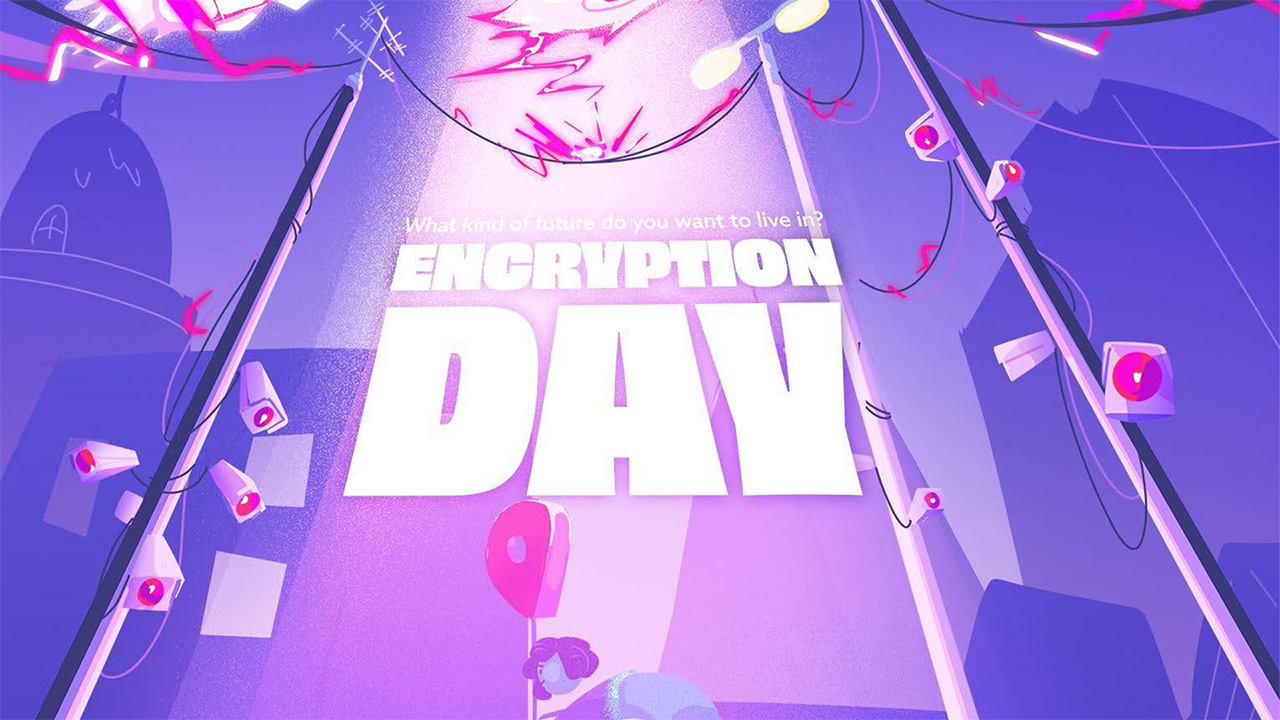
October 21, 2025, is Global Encryption Day. It's the fifth edition of a day and it is being led by the Global Encryption Coalition.
Activists are calling on governments to stop weakening encryption and ensure the internet is safe for millions of people around the world.
We have seen a wave of attacks on encryption in recent months, affecting many cybersecurity providers, including the best VPNs. Examples include proposed legislation in Switzerland – a country with traditionally strong encryption laws – and the so-called EU Chat Control.
End-to-end encryption keeps people and data safe, and is vital for journalists, activists, and those living under internet censorship.
Whether it's encryption, age verification laws, or attacks on VPNs, online privacy is being unfairly targeted and campaigners are fighting back.
"Abandon plans that will weaken encryption"
According to the Global Encryption Coalition, Global Encryption Day "will send a message to governments to abandon plans that will weaken encryption."
The group is also encouraging everyone to switch to end-to-end encryption, saying "secure end-to-end encryption makes life safer for everyone."
Global Encryption Day is being supported by numerous privacy and cybersecurity providers, including VPNs, the Tor Project, Access Now, Threema, and Session.
Encryption keeps us all safe. Happy #GlobalEncryptionDay to all who celebrate.October 21, 2025
Prominent attacks on encryption have been seen in the EU and Switzerland. Proposed law changes in Switzerland would see increased surveillance obligations, data collection, and potential user identification through metadata.
Proton CEO Andy Yen compared Switzerland to Russia and the company said it would not be "held hostage" by the laws, should they be implemented.
Proton, which runs Proton VPN, is prepared to move all of its physical infrastructure out of Switzerland should it need to. One of its newest products, Lumo AI, is the first product to move, with its infrastructure based in Germany.
Fellow Swiss-based privacy providers NymVPN and Threema have joined Proton in opposing Swiss encryption laws. Proton did clash with cloud company Infomaniak, with the latter initially opposing Proton's stance. However Infomaniak has since revised its position and said it opposes the proposed Swiss laws.
For now Swiss encryption remains strong and your data is safe – but there is no guarantee things will remain that way.
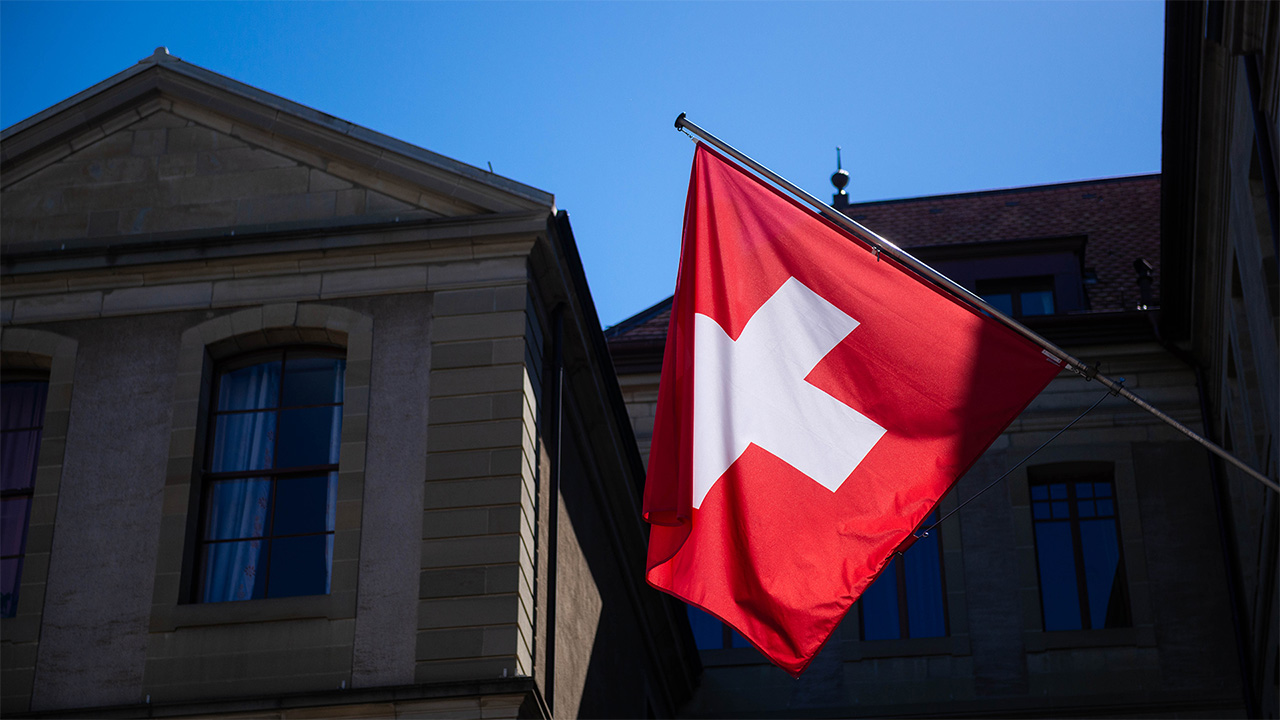
In the EU, the so-called Chat Control law is causing widespread debate. Designed to combat the spread of child sexual abuse material (CSAM), the bill requires the scanning of encrypted messages and communications.
Emilija Beržanskaitė, Co-Chair of the VPN Trust Initiative (VTI), said "the stakes could not be higher" and strongly opposes the move.
The Chat Control bill is being championed by Denmark. Current reports suggest nine member states oppose the bill, 12 support it, and six are undecided. Germany's position has been seen as a crucial factor, and the country currently opposes the bill.
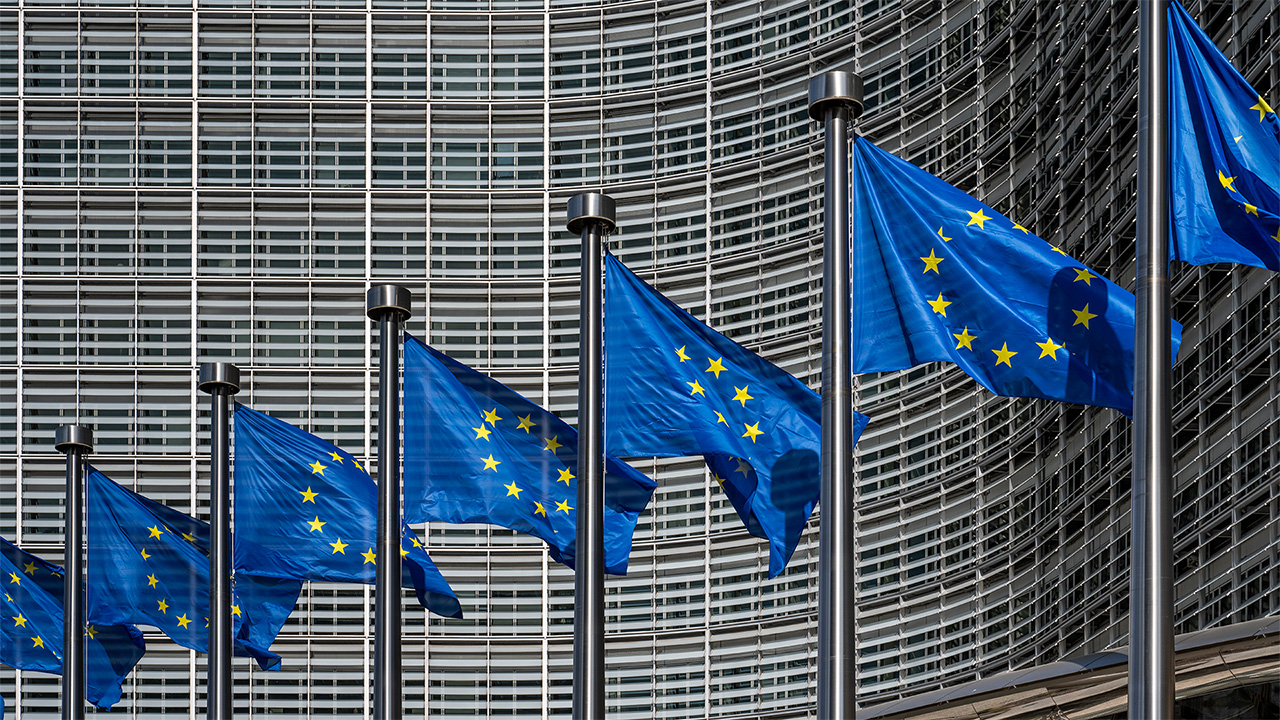
VPNs react
Surfshark is one of a number of VPNs standing firm in the face of attacks on encryption. In a blog post, it said the impact of breaking encryption goes "far beyond technical discussions" and affects the privacy and safety of individuals, alongside "the trust needed for communication."
"Having end-to-end encryption for communication and other digital services is just essential hygiene. Without it, all other efforts by apps to protect user privacy and security become largely meaningless," said Vytautas Kaziukonis, CEO of Surfshark.
Kaziukonis warned against partial encryption, saying "there is no such thing." He said "either it is intact, or it is broken."
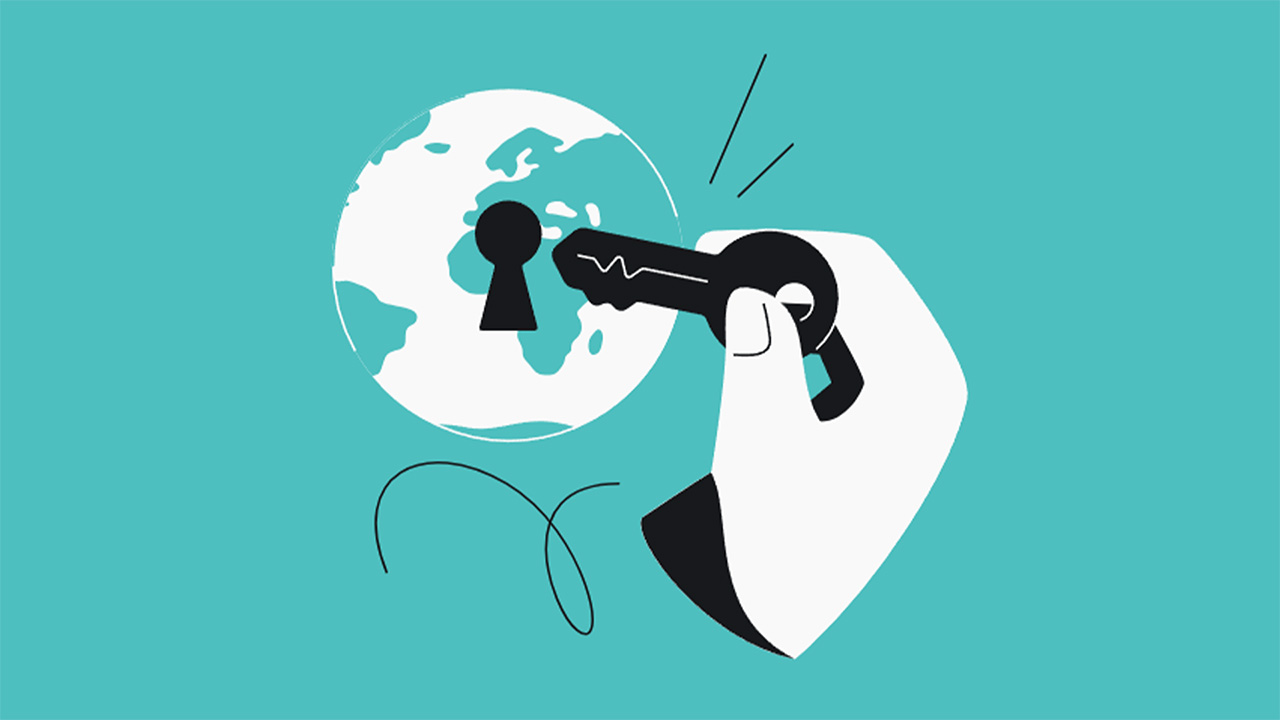
The VTI, which, amongst others, includes NordVPN, Surfshark, ExpressVPN, and IPVanish, has said it supports the goals of national security, child protection, and law enforcement – "but not at the cost of weakening everyone’s security."
It called on policymakers "to avoid measures that erode encryption and put user safety at risk." It added that "this only empowers and emboldens those who seek to cause harm."
The VTI has produced a paper detailing its position. The group concludes the paper by saying "weakening encryption harms the very security it seeks to protect."
It called on governments to "lead from an informed position" and defend strong encryption "as a cornerstone of digital rights, economic resilience, and democratic values."
Why protecting encryption is vital
Encryption underpins our right to privacy and bolsters our security. It protects us from hackers, cybercriminals, and prying eyes, and keeps sensitive data safe.
VPNs, secure messaging, communications, banking, online payments, health records – all of these services utilise encryption and weakening this could have disastrous consequences.
For some, encryption is a lifeline. 4.8 billion people were affected by internet censorship in 2024 and the first six months of 2025 saw 24 cases of internet restrictions. Class-leading encryption, offered by the most secure VPNs, keeps journalists, activists, and whistle-blowers safe. Breaking encryption leaves the door open for these individuals to be targeted and persecuted.
Governments have said encryption will need to be weakened for law enforcement access. There is no way to create encryption for some and not others, and no way for these weaknesses to only be accessed by "good actors."

In a conversation with Surfshark, Director of Internet Policy at the Internet Society, Ryan Polk, said "any vulnerability created to facilitate law enforcement access would also create a vulnerability that criminals or adversaries could exploit."
He added that "despite the dangers that breaking end-to-end encryption would create, some governments are still pursuing this goal."
The Internet Society has compiled a list of actions taken by governments to weaken encryption – and how this has been opposed.
VPNs have also been in the firing line and September 25, 2025, was marked as a VPN Day of Action. Campaigners called on politicians to "leave VPNs alone."
It's crucial that awareness days and days of action exist. These highlight the need for people to stand up and protect their rights and fight for a free, open, and secure internet.
The Global Encryption Coalition has shared resources people can use to take action. These include guides on writing open letters, media kits, and press release templates.
Follow Tom's Guide on Google News, or add us as a preferred source, to get our up-to-date news, analysis, and reviews in your feeds. Make sure to click the Follow button!
We test and review VPN services in the context of legal recreational uses. For example: 1. Accessing a service from another country (subject to the terms and conditions of that service). 2. Protecting your online security and strengthening your online privacy when abroad. We do not support or condone the illegal or malicious use of VPN services. Consuming pirated content that is paid-for is neither endorsed nor approved by Future Publishing.

George is a Staff Writer at Tom's Guide, covering VPN, privacy, and cybersecurity news. He is especially interested in digital rights and censorship, and its interplay with politics. Outside of work, George is passionate about music, Star Wars, and Karate.
You must confirm your public display name before commenting
Please logout and then login again, you will then be prompted to enter your display name.
 Club Benefits
Club Benefits





